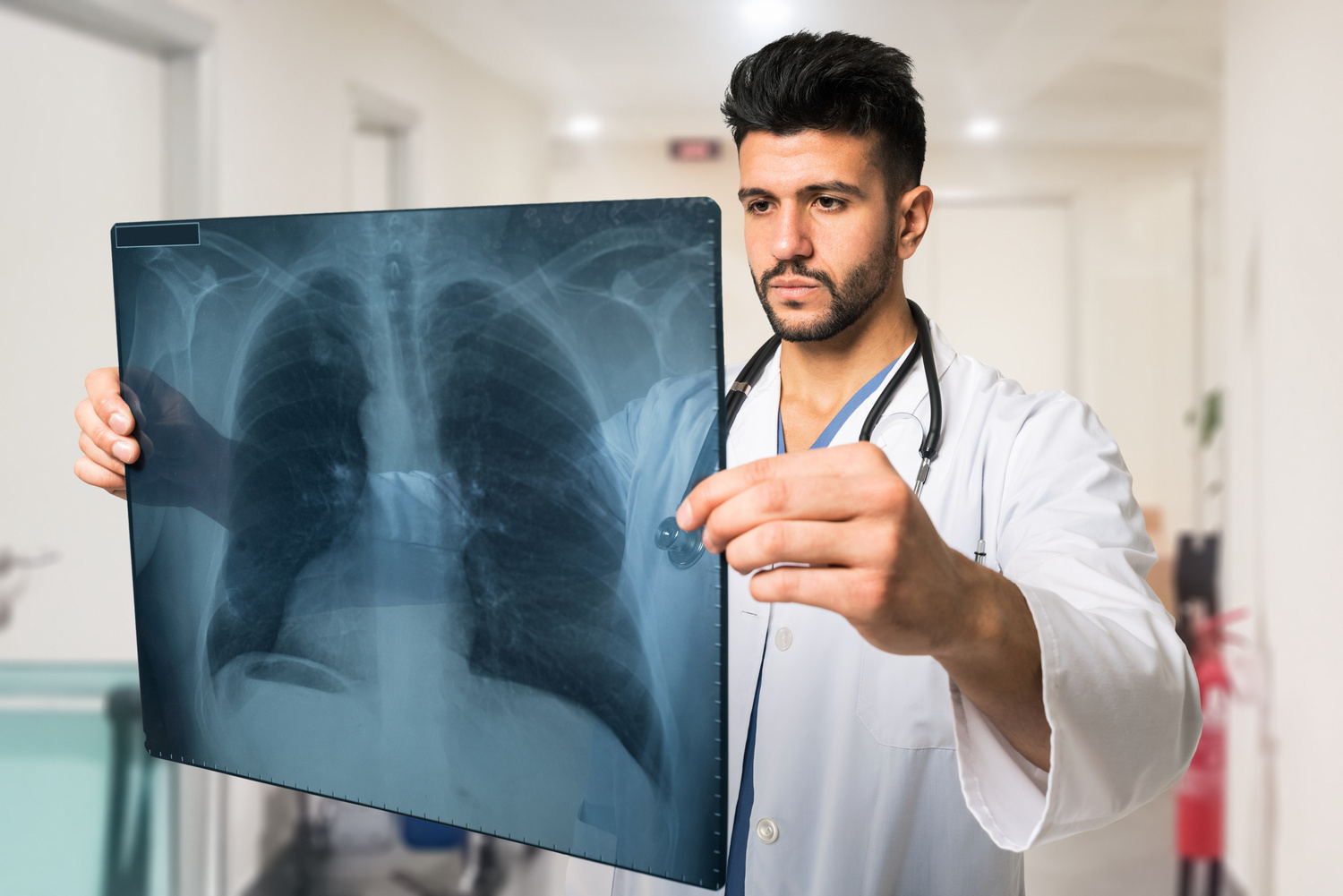
Symptoms of Lung Cancer
Lung cancer is the type of cancer that begins within the two organs, known as the lungs, and is actually the leading cause of death around the world. There are two main types of lung cancer, which include small cell lung cancer (SCLC) and non-small cell lung cancer (NSCLC). While both types of lung cancer are life threatening, NSCLC is the more dominant cancer affecting nine out of every ten lung cancer patients.
The symptoms of lung cancer can vary depending on the severity of the cancer case. Being aware of the symptoms and understanding the early warning signs of lung cancer could potentially aid in an individual’s care and outcome. By completely understanding the early signs of detection, an individual will begin to seek medical assistance at an earlier stage and potentially be able to undergo treatment and potentially save their life:
1. Chronic cough
Individuals suffering from a cough should not automatically believe they might have lung cancer. The early sign that the cough could be linked to cancer is when the cause becomes increasingly persistent. A chronic cough that gets worse typically means the cough has been lingering for at least eight consecutive weeks and does not seem to be disappearing.
2. Coughing blood
Hemoptysis, or the action of coughing up a blood-like substance from the respiratory tract, is unfortunately one of the most common symptoms of lung cancer. There is no research that shows’ coughing up blood is confined to any particular stage of the cancer.
3. Constant chest pain
The lung cancer is affecting the respiratory tract. Therefore, making it difficult to breath and causing severe chest pain as a result. It can be challenging to breath at times and
4. Hoarseness
Linked to coughing, difficulty breathing, and chest pains, hoarseness is yet another symptom of the deadly lung cancer. It can be difficult trying to get airflow into the lungs when an individual is suffering from lung cancer. Therefore, as a result, patients tend to experience wheezing and trouble breathing.
5. Loss of appetite
It is also very common for most individuals suffering from lung cancer to have a loss of appetite. The lungs are being taken over by the cancer cells in turn creating pain in many areas of the body. It can be challenging trying to eat when a patient has fallen ill and has no appetite.
6. Breathing issues
Again, because the cancer is invading the lungs it can be extremely challenging for individuals to catch their breath. Therefore, many patients will experience shortness of breath, wheezing, coughing, and frequent lung infections.
7. Exhaustion
A deadly cancer is infecting the lung tract. Therefore, it is understandable that most lung cancer patients experience extreme fatigue during their battle. The body is fighting off the cancer cells and is just trying to survive. The body is working in overtime throughout this process so extreme exhaustion is a fair sign that something is wrong.
Facing the reality of lung cancer may not be pretty but addressing the symptoms could help save an individual’s life. With lung cancer being the leading cause of death for individuals experiencing cancer; it is not something an individual should not brush off. The early stages of lung cancer typically do not have a large amount of symptoms. Therefore, regardless of the severity, if an individual is experiencing any culmination of the symptoms listed above; individuals should seek medical attention for further guidance. Individuals are encouraged to be proactive and work with a doctor to formulate the correct treatment plan.


